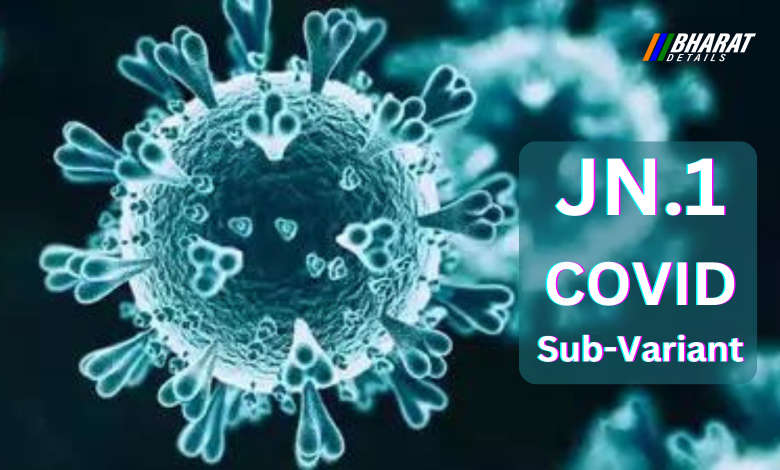India on High Alert as Fresh JN.1 Sub-variant of COVID Cases Surge Sharply

In the initial transition from October to November, India witnessed a decline in both Covid-19 cases and fatalities, but recent weeks have seen a notable surge, particularly in the state of Kerala, as per government reports. This upswing is attributed to an intensified testing strategy, focusing on samples from Influenza-Like Illness (ILI) and Severe Acute Respiratory Infection (SARI).
The World Health Organization’s (WHO) epidemiological update dated November 24 highlighted a substantial downturn in India’s Covid-19 cases and related fatalities during the period from October 23 to November 19. Remarkably, India reported only 523 new Covid-19 cases, reflecting a significant 79% decrease from the preceding month. Moreover, the country recorded just four new deaths, marking a 100% decrease compared to the previous month, even as other nations experienced fluctuations.
Despite these encouraging trends, the report underscored the need for cautious interpretation, acknowledging factors such as testing variations, reporting delays, and changes in reporting frequency.
Dr. Rajiv Bahl, Director-General of the Indian Council of Medical Research (ICMR), recently disclosed the identification of a case involving the JN.1 sub-variant of Covid-19 during routine surveillance in Kerala conducted by INSACOG. This genomic monitoring network, which includes ICMR, follows revised surveillance guidelines, subjecting ILI and SARI patients to Covid-19 testing, with positive cases undergoing Whole Genome Sequencing (WGS).
The WHO has urged member states, including India, to uphold established Covid-19 infrastructure for continued early warning, surveillance, reporting, variant tracking, clinical care, vaccination, and communication efforts.
The Union health ministry reported the JN.1 sub-variant case from a RT-PCR positive sample collected in Karakulam, Thiruvananthapuram, on December 8, which had tested positive on November 18. The patient exhibited mild ILI symptoms and has since recovered without requiring treatment.
While the majority of cases are clinically mild, the government is conducting a mock drill across health facilities to assess public health and hospital preparedness. This ongoing exercise, supervised by district collectors, commenced on December 13 and is scheduled to conclude by December 18.
The Union Ministry of Health maintains regular communication with the State Department of Health in Kerala, actively monitoring various points of entry.
Also read ⤵️
Originating from the BA.2.86 sub-variant identified in July, JN.1 has been reported in several countries, including Luxembourg, the United States, and now India. Though its prevalence is low compared to dominant variants like XBB.1.5, health officials stress cautious monitoring due to its unique mutations and unknown characteristics.
Dr. Jugal Kishore, Director Professor of the department of community medicine at Safdarjung Hospital, emphasizes the need for close monitoring of the JN.1 sub-variant, citing concerns about its rarity, India’s large population, and the potential for rapid outbreaks. Additionally, he underscores the importance of further research to confirm the implications of specific mutations in the spike protein, potentially affecting transmissibility and immune response evasion.
For similar news update stay tuned and follow us on Instagram, Facebook and Twitter
Category News : Cricket News | Sports News | National News | Celebrity News | Technology Updates

